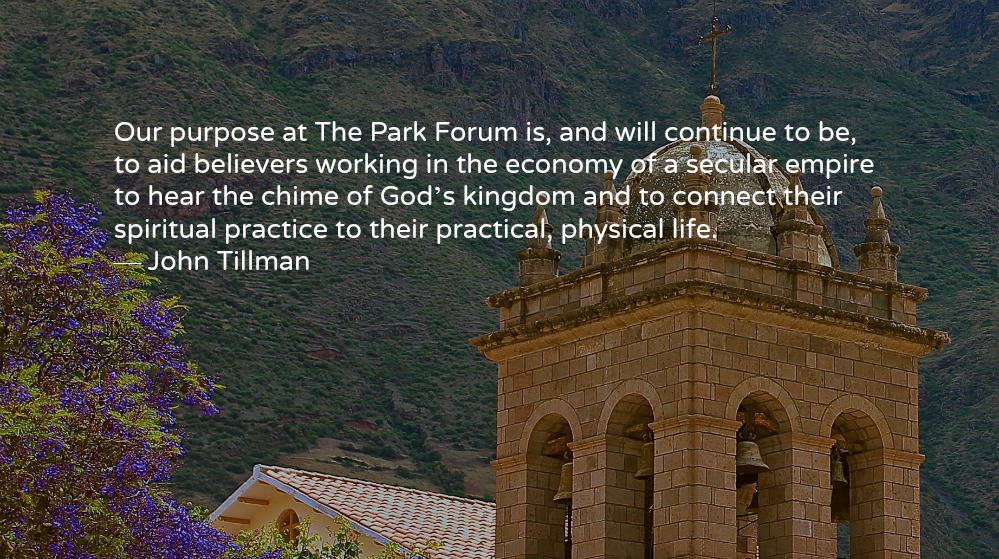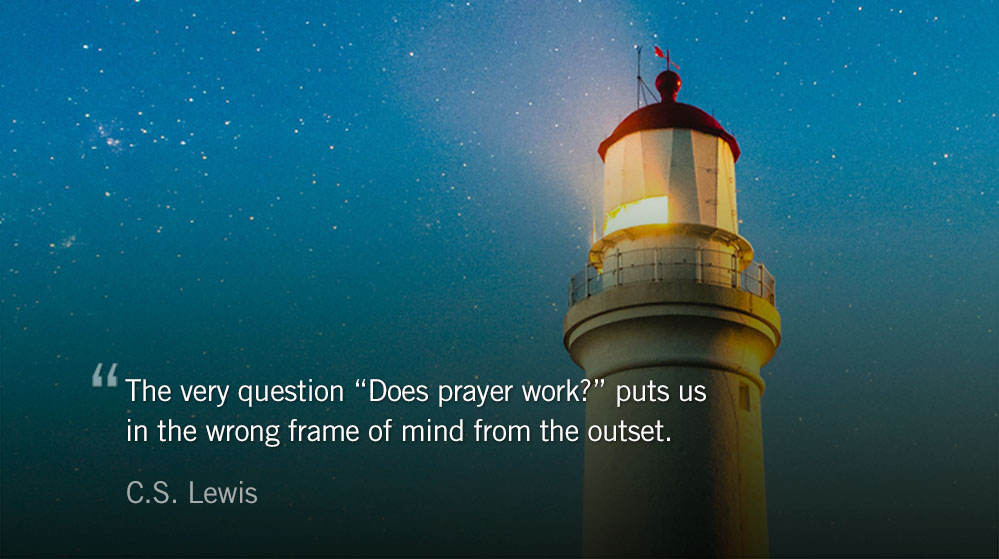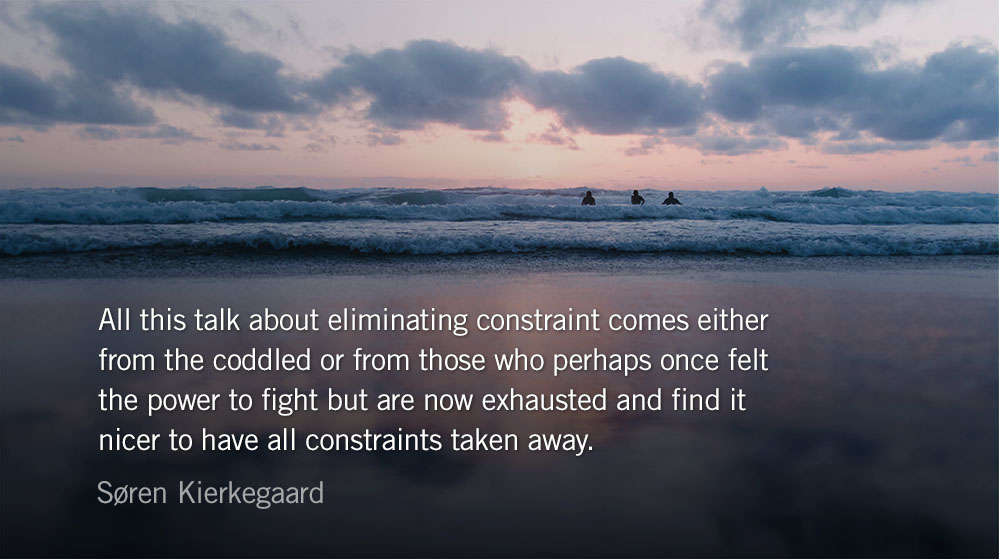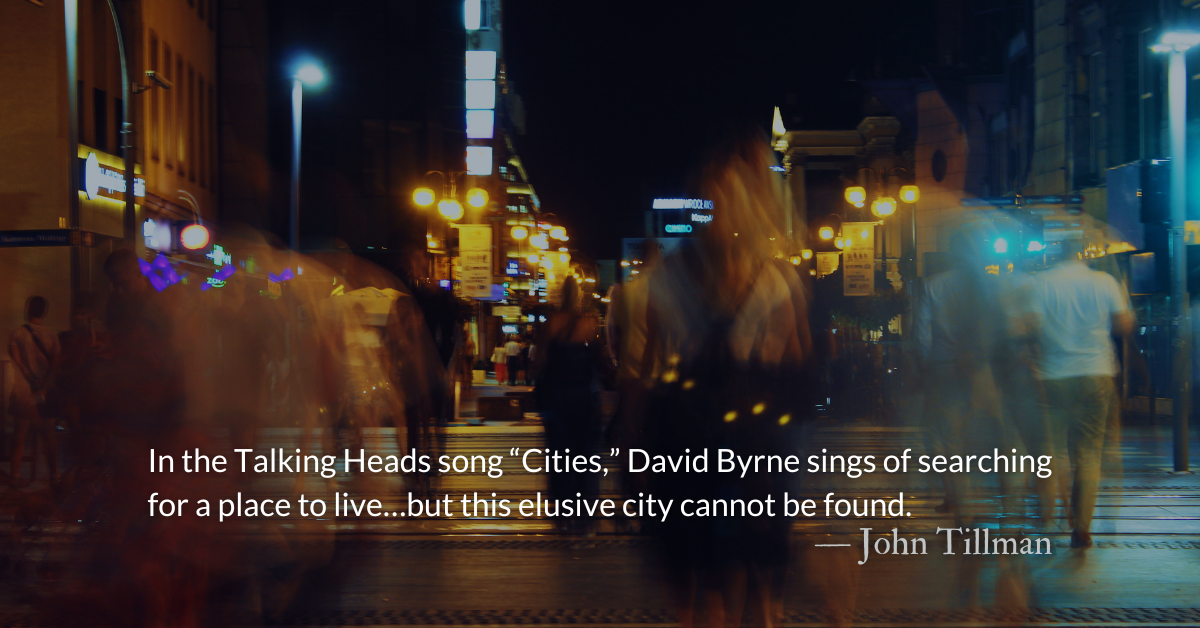I find it wonderful (even slightly curious) that there is still room in our culture for a devotional series. — The Park Forum
Scripture: Psalm 133:1
How good and pleasant it is when God’s people live together in unity!
Reflection: Transitions
by John Tillman
In Roman towns the forum bell would ring throughout the day. It marked the first hour at 6 AM, then the 3rd hour at 9 AM, and on through the day at the sixth hour, ninth hour, and finally at the end of the business day at 6 PM. Its purpose was to mark the work day, contributing to efficiently moving the empire and the economy forward.
But alongside that empire God’s kingdom moved, using the forum’s convenient chime to advance its devoted followers closer to God and closer to each other through spiritual practice including prayer and reading. The early church’s rhythmic practice of daily prayer and readings unified them across the known world.
Compared to today, the ringing forum bells of Rome may seem quaint and stately. Our empire runs on a technological litany of bells, beeps, dings, reminders, and pop-ups that push us toward a spinning whirl of profit, ROI, and materialism. Those in the marketplace feel a very real pressure to profit or die. This type of environment is exactly the place a respite in the rhythms of regular prayer and devotion is most needed.
Our purpose at The Park Forum is, and will continue to be, to aid believers working in the economy of a secular empire to hear the chime of God’s kingdom and to connect their spiritual practice to their practical, physical life.
It was Benedict who first said, “To pray is to work and to work is to pray.” In so doing he gave form to another of the great, informing concepts of Christian spirituality—the inseparability of spiritual life from physical life. — Phyllis Tickle in her Introduction to The Divine Hours: Prayers for Summertime
Reading The Park Forum may have started as an individual act of devotion, but just as the rhythm of daily prayer united early Christians across the geography of the Roman empire, we who are scattered across time zones are united by the communion we pursue.
There is value in celebrating our individual relationships to God and equity in the fact that each stands uniquely before God—loved not just collectively, but individually. But there is power in joining together in a communal celebration and a unified cry to God.
Though the voice may be different, the text we read and the God we seek communion with remain the same.
Readers’ Choice will begin July 5th. Follow this link to submit your favorite post from this past year.
The Cry of the Church
In the evening, in the morning, and at noonday, I will complain and lament, and he will hear my voice.
– From The Divine Hours: Prayers for Summertime by Phyllis Tickle.
Full prayer available online and in print.
Today’s Readings
Joshua 5-6:5 (Listen – 7:25)
Psalm 132-134 (Listen – 2:22)











